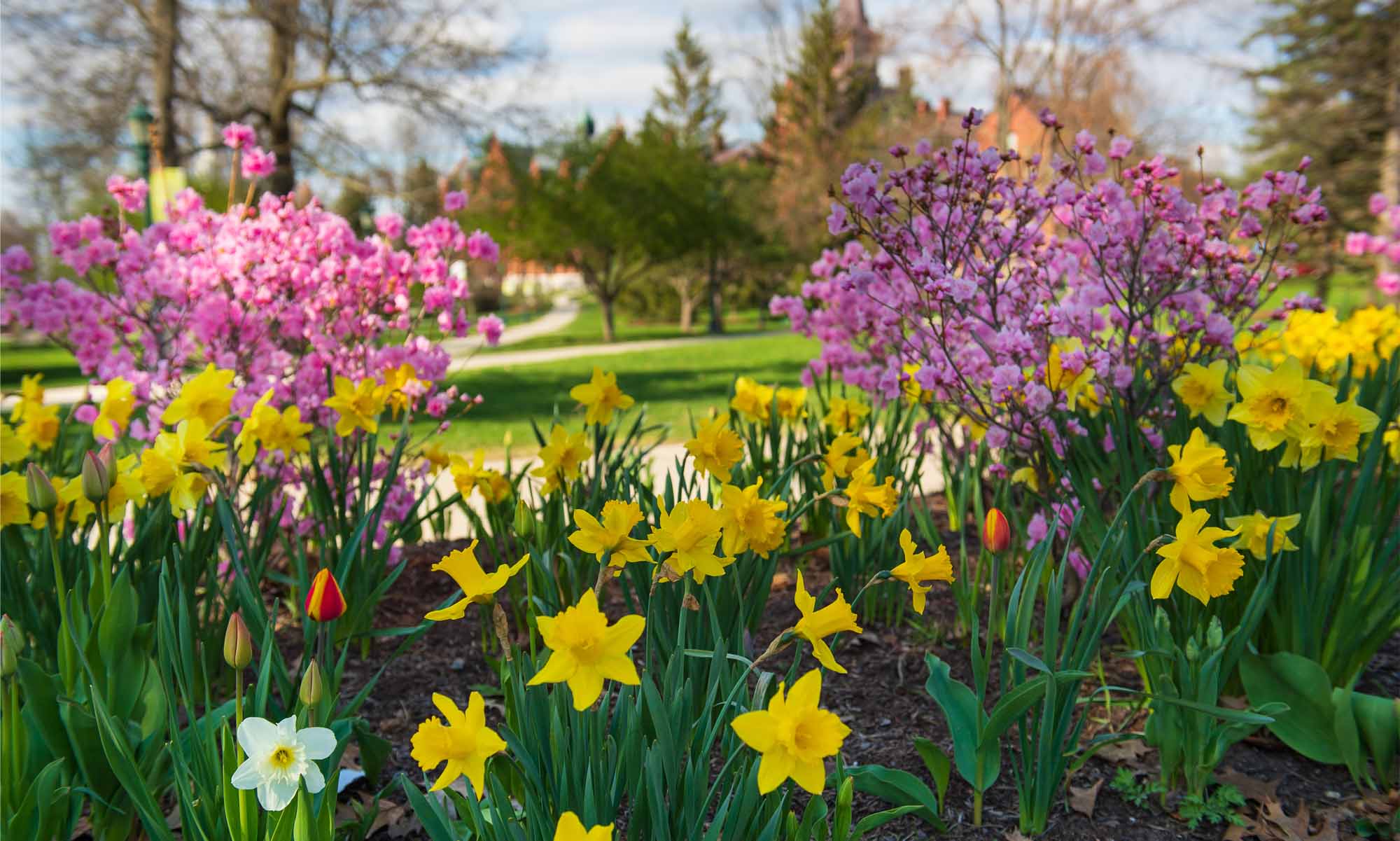
During the 2021 COP26 climate conference in Glasgow, Scotland, CDAE Professor Asim Zia, Rubenstein School Assistant Professor Bindu Panikkar, and Gund Graduate Fellow Rubaina Anjum participated in an international panel of scientists and experts from the Transboundary Water In-Cooperation Network (TWIN). The panel’s theme was Securing Clean Water in Transboundary Indus, Jordan, Mekong and Amazon Basins Through Science and Diplomacy, and they deliberated data sharing, polycentric governance, and the water crisis around these basins.
The panel of scholars underscored the importance of identifying:
- Gaps in transboundary watershed monitoring and water security.
- Early warning action systems.
- Promoting scientist to scientist and community to community cooperation within and across transboundary river basins.
Zia stressed the need to integrate indigenous knowledge and wisdom with scientific knowledge, to secure clean water. This can only be done if a “network of networks” is set up to create a TWIN knowledge web and crowdsourcing platforms, to model the anticipatory governance of hydroclimatic regime shifts in the transboundary river basins.

Panikkar expressed the importance of transformative change and the potential to reduce global inequality. In her view, the marginalized are the most vulnerable and exposed to the vagaries of climate change: “We need change, if we want to reduce greenhouse gas (GHG) emissions and slow the climate crisis.”
The problem is expansive and complex. However, starting with small and simple approaches by involving local actors and community engagement in decision making, encouraging bottom-up approaches to managing resources, rethinking development, and encouraging bilateral cooperation at the national level and data sharing to the scientific community are important steps.
Future endeavors will include all communities around the world into TWIN. Starting with only fifteen members, TWIN has grown to more than 65 active members who are committed to local regions of interest. Watch the recording of the session at COP26, and reach out to Dr. Asim Zia with any inquiries.
TWIN Membership


